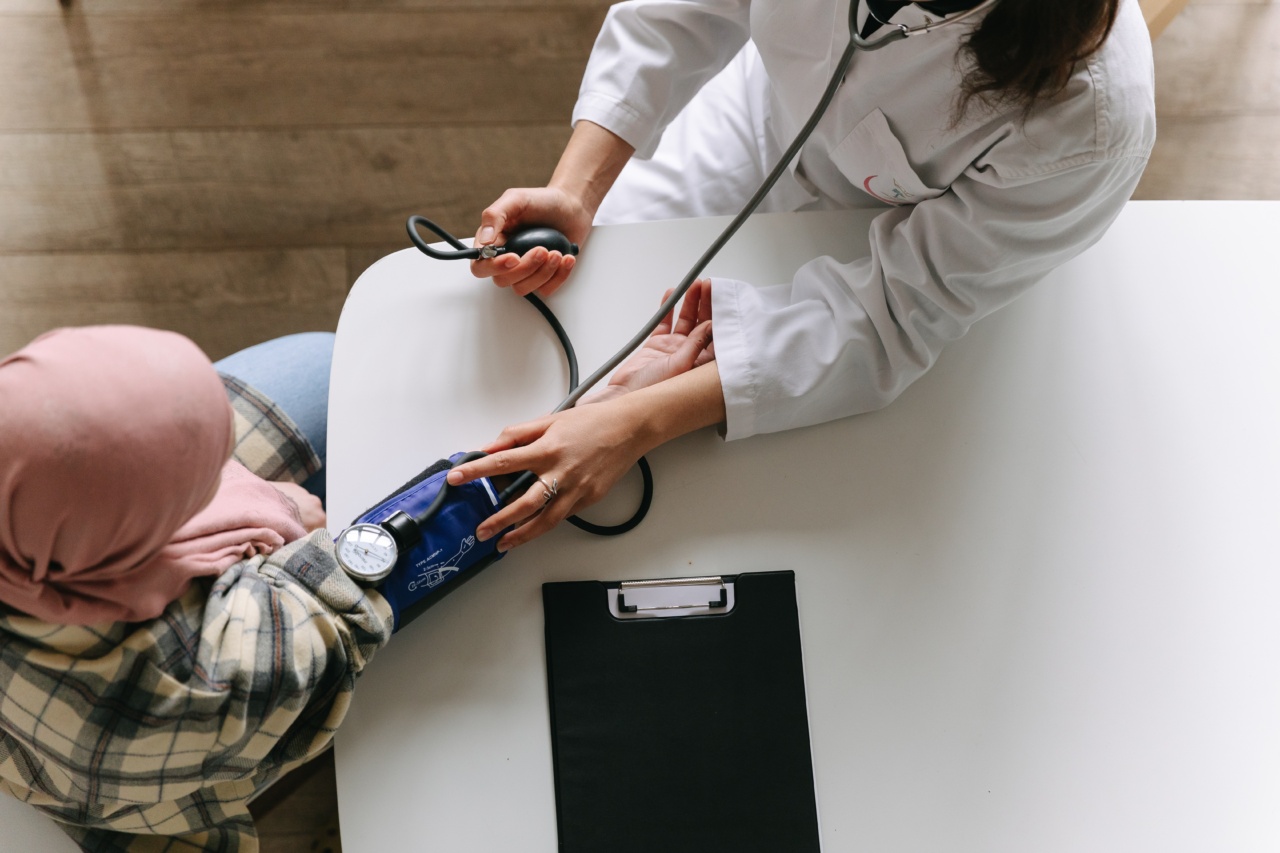For decades, donating blood has been an essential part of healthcare and saving lives. However, recent studies have shown that donating blood, particularly on a frequent basis, may increase the risk of cancer.
While this post is not meant to discourage blood donation entirely, it is essential to take a closer look at these findings.
Understanding the risk
A recent study conducted in the JAMA Oncology journal showed that men who donated blood at least three times a year had an almost 20% higher risk of developing cancer, particularly prostate cancer.
Similarly, women who donated blood frequently had an increased risk of developing cancers such as lung, liver, and colon cancers.
The study analyzed blood donation data collected over 30 years from more than 750,000 people.
While the findings are alarming, it is essential to note that the study only showed a correlation between frequent blood donation and an increased risk of cancer rather than causation. Therefore, other factors, such as poor diet, lack of exercise, or pre-existing undetected cancers, may also be contributing factors.
Why does donating blood increase cancer risk?
The theory behind the link between frequent blood donation and cancer is that people who donate blood often experience a loss of iron, an essential mineral for our bodies.
Iron deficiency can lead to oxidative stress, which can damage our cells, causing mutations that may turn into cancer over time. Additionally, extreme iron depletion can affect our immune system, making us more susceptible to infections and other diseases.
The importance of screening and monitoring
It is essential to note that regularly donating blood is still beneficial, and there are numerous benefits to donating blood.
Blood donation can help save lives and reduce the risk of heart disease, particularly for people at risk of developing cardiovascular disease. To ensure that donating blood does not increase your cancer risk, it is vital to take precautions and monitor your health closely.
If you are a frequent blood donor, it is essential to have regular check-ups with your doctor, particularly for men over the age of 50 who may be at risk of developing prostate cancer.
Similarly, women over the age of 50 should undergo regular checks for breast, lung, and colon cancers, which have been linked with frequent blood donation.
Alternatives to frequent blood donation
If you are concerned about donating blood regularly, there are many alternative ways to give back to your community.
One way is to donate plasma, which is less frequent than blood donation and still helps save lives by helping people with medical conditions such as clotting disorders or who have undergone surgery.
Volunteering for local blood drives, encouraging others to donate blood, or supporting organizations that provide healthcare services are all excellent ways to contribute to your community without risking your health.
The bottom line
In conclusion, while donating blood is an essential part of healthcare and helps save numerous lives, it is crucial to consider the potential risks associated with frequent blood donation.
It is essential to note that the studies show a correlation rather than causation between frequent blood donation and cancer risk. Nevertheless, it is still essential to monitor your health closely, particularly if you are a frequent donor.
Alternatives to frequent blood donation, such as plasma donation or volunteering, are also excellent ways to give back to your community without risking your health.





























